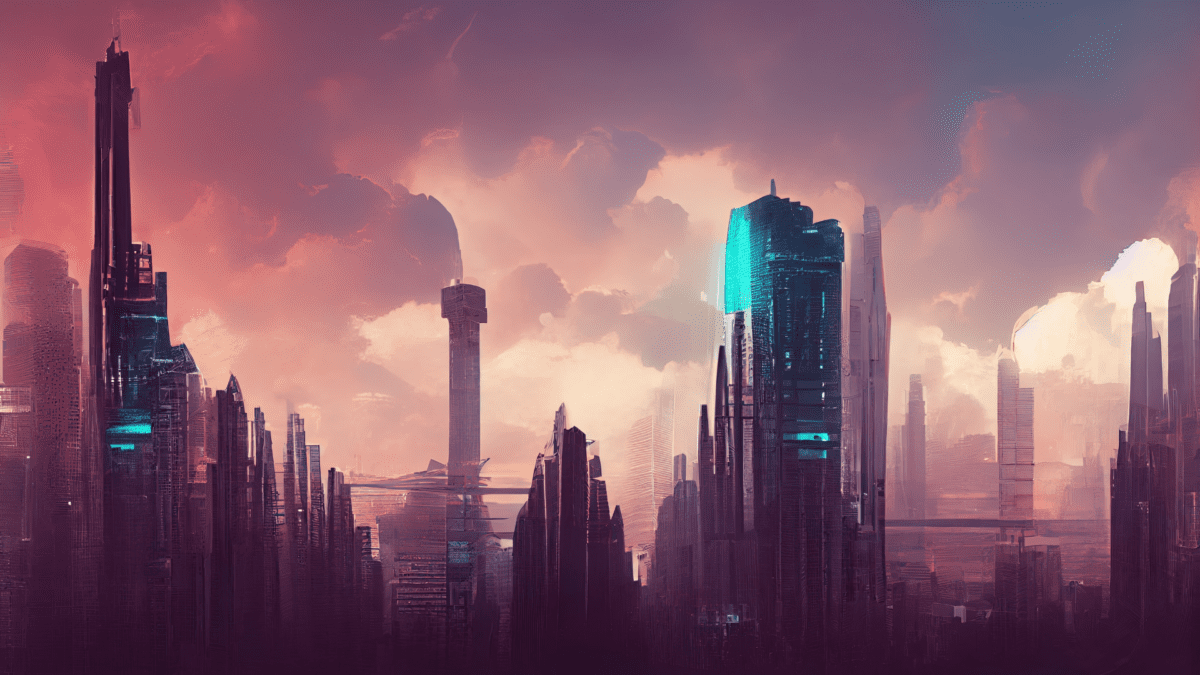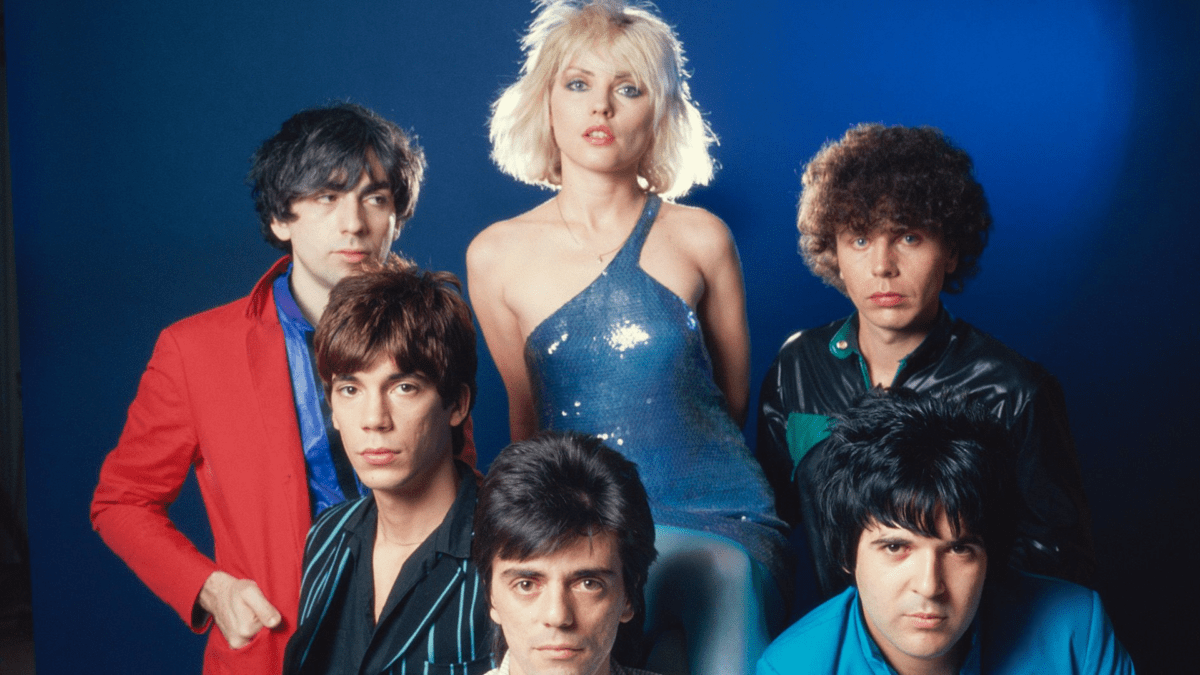Detroit, Michigan, the birthplace of techno music, has a rich history of electronic music that has influenced the world of music and culture. The city has produced some of the most innovative and influential musicians and producers in the electronic music scene. From the early years of techno to the present day, Detroit has been at the forefront of the genre, with its unique sound and style that has captivated audiences worldwide.
In this article, we will explore the history of Detroit techno, its key players, and its lasting impact on the music industry.
The Early Years of Detroit Techno
The roots of Detroit techno can be traced back to the late 1970s and early 1980s, when a group of young African American musicians, including Juan Atkins, Derrick May, and Kevin Saunderson, began experimenting with electronic music. They were inspired by the futuristic sounds of Kraftwerk, as well as the funk and soul music of their hometown.
In 1981, Juan Atkins released his first single, “Alleys of Your Mind,” under the name Cybotron. The song was a fusion of electro, funk, and synth-pop, and it marked the beginning of a new era in electronic music. Atkins, along with May and Saunderson, went on to create a new sound that was influenced by the industrial landscape of Detroit, as well as the city’s vibrant club scene.
Derrick May

Derrick May is widely regarded as one of the founding fathers of the genre and part of the “Belleville Three,” with Juan Atkins and Kevin Saunderson who attended high school together and went on to shape the sound of techno music. May’s music is characterized by its futuristic and experimental sound.
He has released numerous classic Detroit techno tracks and has collaborated with numerous artists, where his contributions to the development of techno music have earned him a place in the pantheon of electronic music legends.
Juan Atkins

Juan Atkins another founding father of the genre and another of the Belleville Three. Atkins’ early releases, such as “No UFOs” and “Clear,” were instrumental in establishing the futuristic, electronic sound that would come to define Detroit techno.
He continued to innovate throughout the 1990s and 2000s, releasing influential albums like “Skynet” and collaborating with other techno luminaries like Moritz von Oswald and Carl Craig. Today, Atkins remains an important figure in the techno community and continues to perform and produce music.
Kevin Saunderson

Kevin Saunderson, the final member of the Belleville Three, played an instrumental role in developing the sound of techno in the early 1980s. Saunderson’s music has been characterized by its driving rhythms, futuristic soundscapes, and soulful melodies.
He has released numerous classic tracks and albums over the years, including “Big Fun,” and “Good Life,” which have become anthems of the genre. Saunderson continues to be an influential figure in the world of techno, both as a producer and a DJ, and his contributions to the genre will always be remembered.
The Belleville Three And The Face of Detroit Techno
The trio of DJs began incorporating synthesizers into their music production, notably the Korg MS-10, previously a staple in experimental and ambient genres. Gradually, they adopted the Roland TR-808 drum machine as a key instrument in their production toolkit, enabling them to diverge from the “warmer” tones typical of Chicago House.
The Belleville Three (Atkins, Saunderson and May) successfully fused the well-known electronic vibes of Kraftwerk and Tangerine Dream with funk and soul’s dynamic beats often associated with Chicago house. This unique blend quickly permeated dance floors across Detroit’s suburbs in the mid-1980s.
Unlike most electronic genres prevalent then, Detroit techno focused largely on exploring themes related to outer space and dystopian futures. This characteristic was reflective of Kosmische Musik that influenced early techno producers who gravitated towards Afrofuturism and science fiction themes appealing to marginalized black youth residing in large city suburbs.

Even though US clubs and record labels were increasingly interested, Detroit’s music scene remained largely local until the mid-1980s. It was then that artists like the Belleville Three, who were associated with this fresh style, began to pique the curiosity of the worldwide rave community.
Detroit techno didn’t transition from a regional subculture to a global phenomenon overnight. In the late 1980s, the Belleville Three coined the term “techno” for their new music genre to distinguish it from Chicago’s house scene and emphasize its link to Detroit’s post-industrial ambience.
This fresh style gained immense popularity in the UK, with its rave scene providing an ideal setting for techno music to flourish. Despite originating in Detroit’s suburbs, this infectious genre found its most powerful platform within London’s underground club rave scene and the rest is history.
Other Notable Detroit Techno Musicians and Producers
Detroit Techno has produced some of the most influential and innovative musicians and producers in the electronic music scene. While the Belleville Three are considered the founding fathers of Detroit techno. They are credited with creating the unique sound and style that has become synonymous with the genre.
Other notable musicians and producers include Carl Craig, Jeff Mills, Eddie Fowlkes, Stacey Pullen, and Richie Hawtin. These artists have continued to push the boundaries of Detroit techno, experimenting with new sounds and styles, while staying true to the roots of the genre.
Richie Hawtin
Richie Hawtin is a Canadian electronic musician and DJ who is considered one of the later pioneers of Detroit techno. He is known for his minimalistic and experimental approach to music production and performance, often incorporating cutting-edge technology into his sets.
Hawtin has released numerous albums and EPs under various aliases, including Plastikman, and has performed at major festivals and venues around the world. He is also the founder of the record label Plus 8 and the techno festival Movement Electronic Music Festival. Hawtin’s contributions to the techno genre have been widely recognized and have had a significant impact on the electronic music scene.
Carl Craig
Carl Craig is a highly influential Detroit techno producer known for his innovative approach to electronic music. He has been active in the industry since the 1980s and has released numerous albums and singles under various aliases, including Innerzone Orchestra and Paperclip People. Craig’s music is characterized by its intricate rhythms, atmospheric soundscapes, and use of unconventional sounds and instruments.
He is considered a pioneer of techno, and his work has been a major influence on the genre’s evolution over the past few decades. Craig continues to perform and produce music to this day and remains a highly respected figure in the electronic music community.
Jeff Mills
Jeff Mills is a highly influential Detroit techno producer known for his innovative and futuristic sound. He first rose to prominence in the 1980s as a member of the legendary group Underground Resistance, before embarking on a successful solo career in the 1990s. Mills’ music is characterized by its fast, hard-hitting beats, intricate rhythms, and sci-fi-inspired themes.
He is also known for his dynamic DJ sets and his use of cutting-edge technology in his performances. Over the years, Mills has released numerous critically acclaimed albums and has collaborated with a wide range of artists from different genres. He remains a respected figure in the world of electronic music and continues to push boundaries with his unique sound.
Stacey Pullen
Stacey Pullen is a highly influential Detroit techno producer who has been active in the electronic music scene since the early 1990s. He is known for his unique blend of techno and house music, and his ability to create tracks that are both danceable and introspective.
Pullen has released numerous albums and singles over the years and has collaborated with many other artists in the industry. He is also known for his dynamic DJ sets, which have earned him a reputation as one of the best live performers in the world of techno. Overall, Stacey Pullen’s contributions to the genre have helped to shape the sound of techno music and inspire countless other artists in the field.
Eddie Fowlkes
Eddie Fowlkes began his career in the 1980s, releasing tracks on seminal techno labels such as Metroplex and KMS Records. Fowlkes’ music is known for its soulful, funky sound, which incorporates elements of house, funk, and R&B.
He has collaborated with many other notable producers and DJs in the techno scene, including Juan Atkins, Derrick May, and Kevin Saunderson. Fowlkes continues to produce and perform today and remains an important figure in the Detroit techno community.
Top 5 Early Detroit Techno Tracks
The initial recognition of Detroit’s music in European dance clubs can largely be attributed to three hit singles: Rhythm Is Rhythm’s “Strings Of Life”, Juan Atkins’ pseudonym Model 500 hit track “No UFOs”, and Saunderson’s collaboration with vocalist Paris Grey to create Inner City and the hit track “Good Life”.
Here are our top 5 Early Detroit Techno hits:
Strings of Life – Derrick May
“Strings of Life” is a seminal Detroit techno track produced by Derrick May in 1987. The track features a prominent string melody, driving bassline, and complex drum programming, creating a hypnotic and euphoric atmosphere. It is considered a classic of the genre and has been influential in shaping the sound of techno music. Strings of Life is still beloved on the rave scene and has a special place in the heart of UK ravers.
Good Life – Inner City
“Good Life” by Inner City is a classic Detroit techno track characterized by its upbeat tempo, catchy synth melodies, and soulful vocals. Released in 1988, it became a dancefloor anthem and a staple of the genre, with its positive message of living life to the fullest resonating with audiences around the world.
No UFOs – Model 500
“No Ufos” is a classic Detroit techno track released in 1985. It features a hypnotic bassline, futuristic synth melodies, and sparse, robotic vocals repeating the phrase “no UFOs.” The track is known for its minimalism and its influence on the development of techno music.
Alleys of Your Mind – Cybotron (Juan Atkins)
“Alleys of Your Mind” by Cybotron is a pioneering Detroit techno track that blends futuristic synth sounds with a pulsing beat, creating an otherworldly atmosphere that evokes the feeling of being lost in a maze of thoughts. The track’s haunting vocals and hypnotic melody capture the essence of the genre, while its innovative use of drum machines and synthesizers helped to define the sound of techno for years to come.
Clear – Cybotron
“Clear” by Cybotron is a seminal Detroit techno track that features pulsating electronic beats, futuristic synth melodies, and vocoder vocals. Released in 1983, it is considered one of the earliest examples of the genre and has had a significant influence on electronic music. The track’s minimalistic yet energetic sound captures the futuristic spirit of Detroit and has become a classic in the techno canon.
The Detroit Techno Militia
The Detroit Techno Militia is a collective of DJs and producers who have made a significant impact on the Detroit techno scene. Founded in 2007, the group is known for their high-energy performances, innovative productions, and dedication to preserving the legacy of Detroit techno.
The group consists of a core group of DJs, including T.Linder, DJ Psych0, and DJ Seoul, as well as a rotating cast of guest DJs and producers. Together, they have performed at some of the most iconic techno venues in Detroit, including the legendary Movement Electronic Music Festival.
What sets the Detroit Techno Militia apart from other techno collectives is its commitment to community building and education. They regularly host workshops and events aimed at teaching young people about the history and culture of Detroit techno, and they have been instrumental in promoting the next generation of techno artists.
The Detroit Techno Militia’s music is characterized by its raw, industrial sound, which draws inspiration from the city’s gritty urban landscape. Their tracks are often dark and moody, with heavy basslines and driving rhythms that are perfect for the dancefloor.
Despite their underground roots, the Detroit Techno Militia has gained a global following, with fans around the world tuning in to their radio show and attending their performances. They have also released several critically acclaimed albums and EPs, including “The Grid” and “The 313”.
Overall, the Detroit Techno Militia has played a vital role in shaping the Detroit techno scene and keeping its legacy alive. Their dedication to community building, education, and innovation has earned them a well-deserved place in the pantheon of techno greats.
Detroit Techno Clubs and Brands

Detroit, as the birthplace of techno, has a rich history of techno clubs that have helped shape the genre. From legendary clubs like the Music Institute and the Shelter to newer venues like TV Lounge and Marble Bar, Detroit’s techno scene has something for everyone.
One of the most iconic Detroit techno club brands is the Music Institute, which opened in 1988 and quickly became a hub for the city’s underground music scene. The club was known for its diverse lineup of DJs and its commitment to showcasing new and innovative electronic music. The Music Institute closed its doors in 1992, but its legacy lives on as one of the most important clubs in the history of techno.
Another legendary Detroit techno club brand is the Shelter, which opened in 1991 and quickly became a staple of the city’s underground music scene. The club was known for its intimate atmosphere and its commitment to showcasing local talent. The Shelter closed in 1998, but its legacy lives on as a symbol of Detroit’s techno culture.
In recent years, new Detroit techno club brands have emerged, bringing fresh energy and innovation to the city’s electronic music scene. TV Lounge, for example, opened in 2006 and has quickly become one of the city’s most popular techno clubs. The venue is known for its state-of-the-art sound system and its commitment to showcasing both local and international talent.
Marble Bar is another newer club brand that has quickly gained a reputation as one of the city’s best venues for Detroit techno music. The club is known for its eclectic lineup of DJs and its commitment to showcasing diverse and innovative electronic music. It’s clear that Detroit’s techno scene continues to evolve and inspire new generations of electronic music fans.
Detroit Techno Festival – Movement
The Detroit Techno Festival Movement, also known as Movement Electronic Music Festival, is an annual event held in Detroit, Michigan that celebrates the city’s role in the development of techno music. Movement was first held in 2000 and has since become one of the most important electronic music festivals in the world.
Movement festival is held over Memorial Day weekend and features a lineup of local and international DJs and producers, as well as live performances and art installations. The festival takes place in Hart Plaza, a public park located along the Detroit River, and attracts tens of thousands of attendees each year.
Detroit has long been considered the birthplace of techno music, with pioneers like Juan Atkins, Derrick May, and Kevin Saunderson creating the genre in the 1980s. The Detroit Techno Festival Movement was created to celebrate this legacy and to showcase the city’s vibrant electronic music scene.
In addition to the music, the festival also features a variety of food and drink vendors, as well as a marketplace where attendees can purchase merchandise and meet artists. The festival is also known for its emphasis on community, with a strong focus on local artists and organizations.
Over the years, the Detroit Techno Festival Movement has become a cultural institution in Detroit and a symbol of the city’s resilience and creativity. The festival has helped to bring international attention to Detroit’s electronic music scene and has inspired similar events in other cities around the world.
Closing Thoughts on Detroit Techno
The Detroit techno scene continues to thrive, with a new generation of producers and DJs who are pushing the boundaries of the genre. Some of the most promising new artists include DJ Stingray, Kyle Hall, and Omar-S. These artists are continuing the legacy of Detroit techno, while also bringing their own unique style and sound to the genre.
Detroit techno is a genre of electronic music that has had a profound impact on the world of music and culture. Its unique sound and style have captivated audiences worldwide, and its influence can be heard in many different genres of music.
From the early years of techno to the present day, Detroit has been at the forefront of the genre, producing some of the most innovative and influential musicians and producers in the electronic music scene.
In conclusion, the history and legends of Detroit techno music have left an indelible mark on the music industry. From its humble beginnings in the underground clubs of Detroit to its global impact, techno music has evolved into a genre that continues to push boundaries and inspire new generations of musicians.
The stories of the pioneers who created this sound and the legends who continue to keep it alive serve as a testament to the power of music to unite people and transcend borders. Detroit techno music is not just a genre, but a cultural phenomenon that has left an enduring legacy on the world of music.










